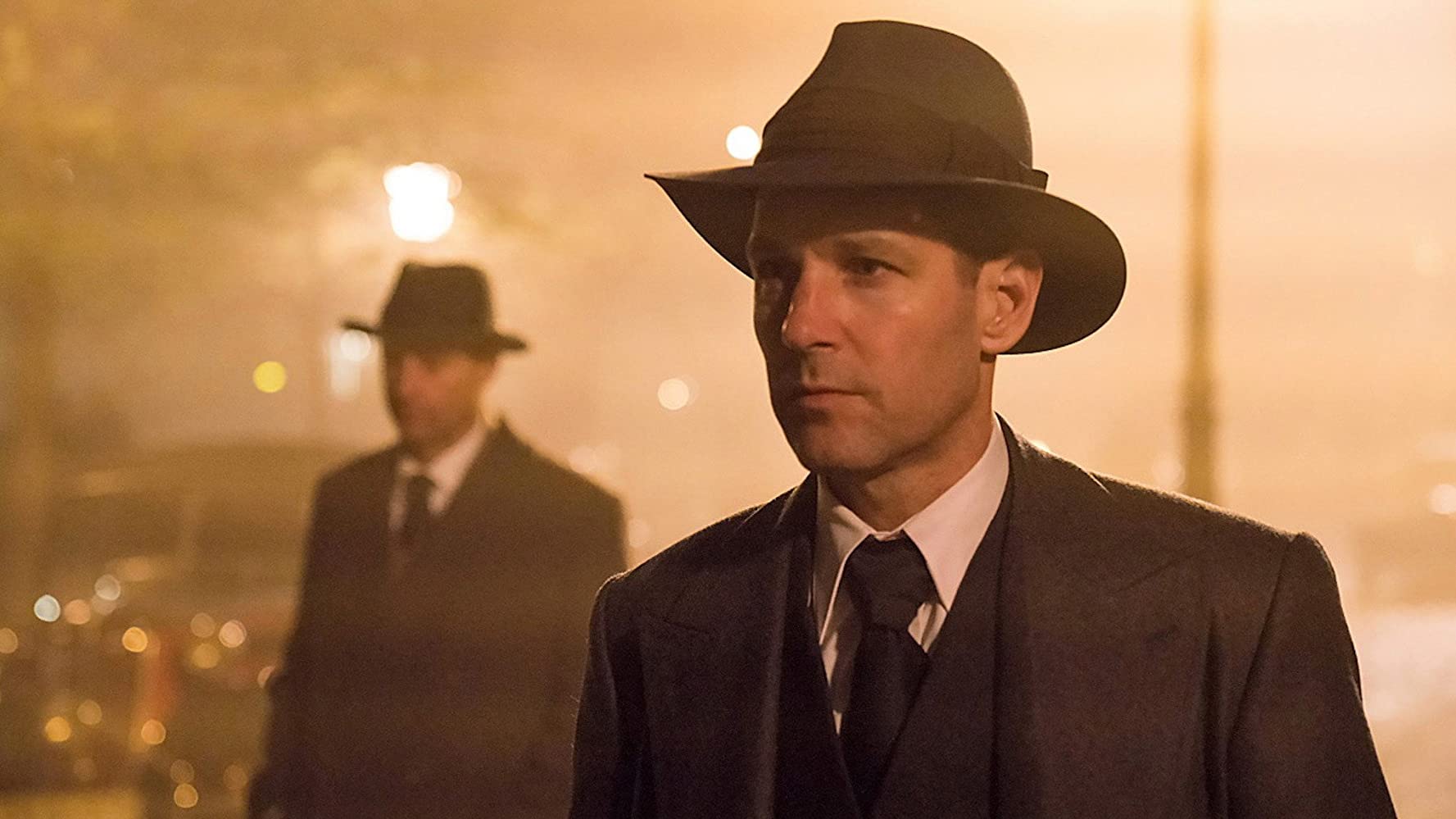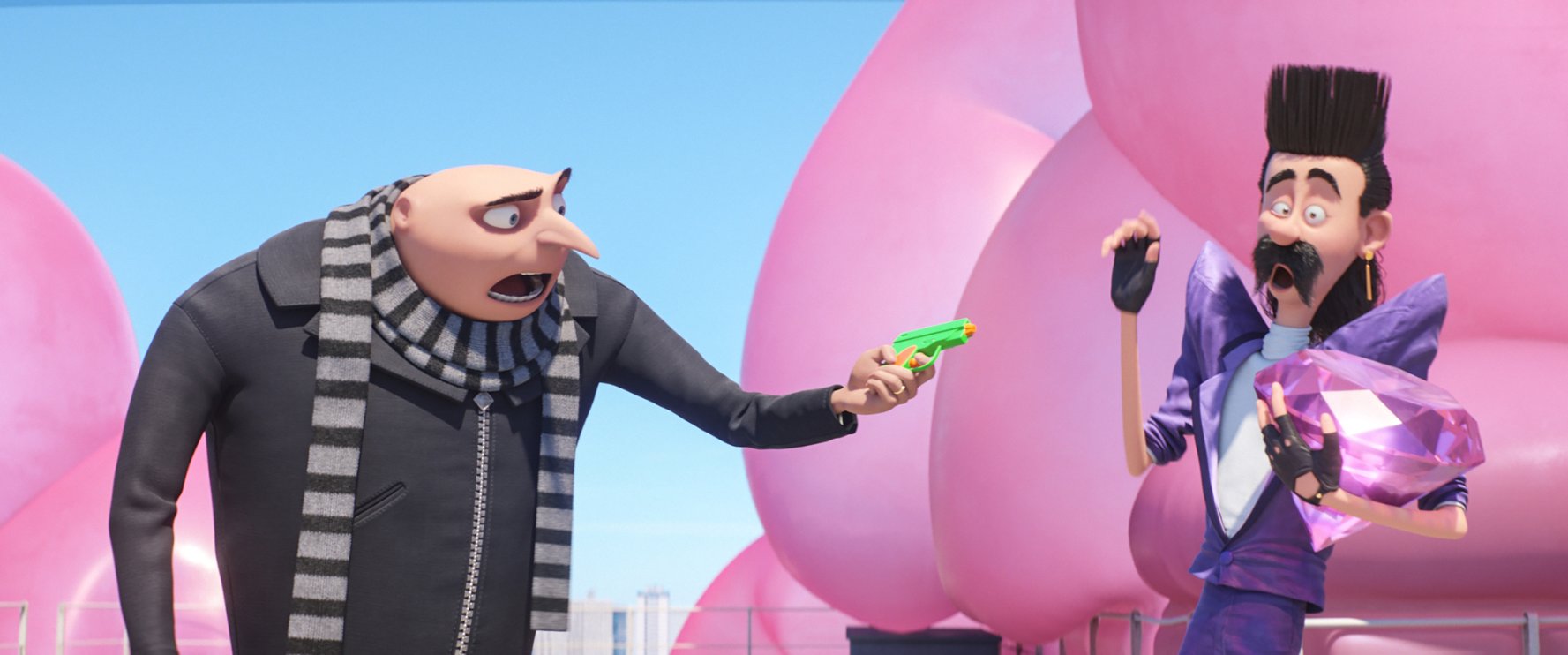History tends to overlook those without superlatives. No matter how exceptional the person, if the deeds don’t match, History tends to excuse itself and go down to the pub for a brew. Yet at the same time, History goes out of its way to elevate mediocrities who name things. Donald Trump is a perfect example. Nearly four years after History decided to focus on this individual, we know almost all there is to know about him (aside from his taxes), and 98% of it will turn your stomach. Will Rogers may not have met a man he didn’t like, but History ain’t like that – it will remember in glorious detail the childish, petty, self-serving, cruel narcissism and malignant failed leadership that makes up Donald J. Trump. And remember him it will despite his low-IQ and constant antagonism with concepts like truth and reality. Moe Berg, on the other hand? He’s lucky to get the Hedy Lamarr treatment; the fabulous brain and world of accomplishment on a national stage means nothing. Without that magical moment in public, History just remembers somebody who might have been on a marquee once.
Moe Berg (Paul Rudd) “only” hit .243 in the majors in fifteen seasons as a backup catcher for several different clubs. Any halfway decent slugger could match Moe Berg’s career productivity in about two full seasons. Here’s the thing: most major league baseball players don’t hold undergraduate degrees from Ivy League schools; most certainly don’t have law degrees from same. In fact, Moe’s education is not dissimilar to that of Ruth Bader Ginsberg; did we ever find out if she could hit a curveball?
And can Notorious RBG speak ten (10) languages? Because Moe Berg could – although only seven fluently. What a rube. And what’s really important from a story-telling POV is the part where Moe Berg hung up his cleats and became an international spy during WWII. His assignment? Assassinate German physicist Werner Heisenberg (yeah, the guy constantly namedropped in “Breaking Bad”), the man supposedly responsible for developing Hitler’s A-Bomb.
Heisenberg is the architect of the uncertainty principle, which –I had to look it up, too—says that no matter how precise you measure, particle physics can’t predict shit, which is a shame cuz the cyclotron is being rented by the hour. In The Catcher Was a Spy, Moe Berg has his own Heisenberg Uncertainty Principle which states we don’t know whether a third-string backstop can make a first-string spy.
The film introduces the eventual climax at the outset and then gives us about an hour of irrelevant data – Berg’s baseball career, Berg’s hit-and-miss relationship with teammates, Berg’s hit-and-miss relationship with his significant other, Berg’s hit-and-miss relationship with LGBTQ. At some point, the film gets tired of dicking around and gives us Guy Pearce and Paul Giamatti as fellow operatives to help Moe get through German lines to confront Heisenberg. The shame is that the set-up is a great deal more entertaining than the denouement. The joy of Moe Berg is exactly that he was a Renaissance man and a patriot to boot.
This is another film in which correct casting would have helped. Rudd’s a great Ant-Man, and his strengths on screen are mostly in the family/relationship realm. He reminds one of a major league catcher about as much as he reminds one of an NBA center. Fellas, he simply doesn’t look the part, and, hence, it’s difficult to buy into the character. Russell Crowe, Tom Sizemore…those guys look like backup catchers in the majors. Even so, Rudd does about as well as can with what he has, which brings us to the major critique: as written, the story just ain’t very compelling. Here’s a fascinating man encountering larger-than–life situations not really making an impact – which is almost certainly why history, sadly, has ignored Moe Berg.
♪Take me into the spy game
Take my handprints away
Give me a code name, intel redact
I’m prepared for a radon attack
For it’s lie, lie, lie for the home team
If I get made it’s a shame
Cuz it’s one one one strike you’re dead
In the old spy game♫
Rated R, 98 Minutes
Director: Ben Lewin
Writer: Robert Rodat
Genre: The post playing-career blues
Type of being most likely to enjoy this film: Scholars
Type of being least likely to enjoy this film: Action junkies
♪ Parody Inspired by “Take Me Out to the Ballgame”




